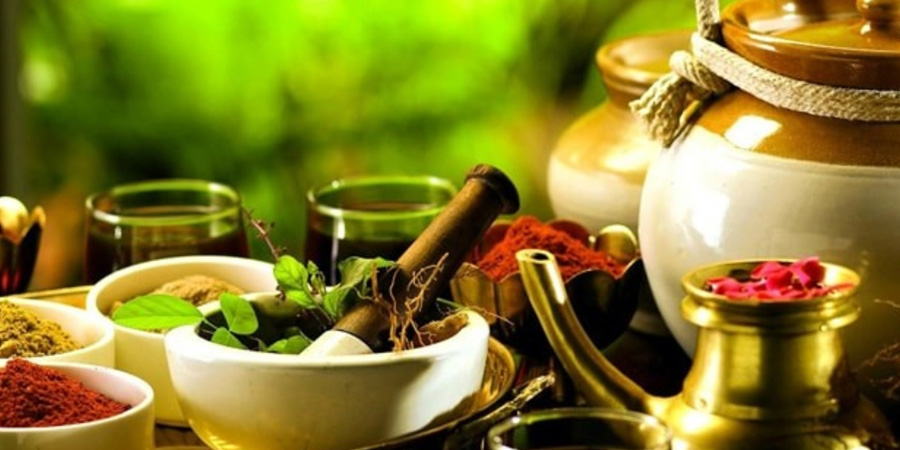
Panchakarma Treatment: A Holistic Detoxification in Ayurveda
Panchakarma is a comprehensive therapeutic approach in Ayurveda designed to purify and rejuvenate the body, mind, and spirit. The word "Panchakarma" translates to "five actions," reflecting the five-fold purification process that aims to eliminate accumulated toxins from the body.
- Vamana (Therapeutic Vomiting) : Administered to eliminate excess Kapha dosha, primarily from the respiratory and digestive tract. It helps in treating conditions like asthma, allergies, and certain skin disorders.
- Virechana (Purgation Therapy) : Involves the use of purgative substances to cleanse excess Pitta dosha from the body. It addresses issues such as liver disorders, skin ailments, and gastrointestinal imbalances.
- Basti (Enema Therapy) : Utilizes herbal decoctions and oils to eliminate excess Vata dosha, promoting balance. Basti is beneficial for disorders related to the colon, nervous system, and reproductive organs.
- Nasya (Nasal Administration) : Involves the application of medicated oils or herbal preparations through the nasal passages. Nasya is effective for conditions affecting the head, including sinus congestion, headaches, and neurological issues.
- Rakta Moksha (Bloodletting) : An ancient practice involving the removal of a small amount of blood to purify and balance the blood. Rakta Moksha is recommended for disorders related to the blood, skin, and inflammatory conditions.
Key Principles
- Individualized Approach : Panchakarma is customized based on an individual's Prakriti (constitution), Vikriti (current imbalance), and specific health needs.
- Preparatory and Post-Treatment Phases : Panchakarma involves preparatory therapies (Purvakarma) to loosen toxins and post-treatment measures (Paschatkarma) for rejuvenation and sustenance.
- Detoxification and Rejuvenation : The primary goal is to remove accumulated ama (toxins) from the body, restoring balance to the Tridoshas (Vata, Pitta, Kapha), and promoting overall well-being.
- Therapeutic Diet and Lifestyle : A crucial aspect involves adherence to a specific diet and lifestyle during and after Panchakarma to support the cleansing process.
Benefits of Panchakarma
Panchakarma is a comprehensive therapeutic approach in Ayurveda designed to purify and rejuvenate the body, mind, and spirit. The word "Panchakarma" translates to "five actions," reflecting the five-fold purification process that aims to eliminate accumulated toxins from the body.
- Vamana : (Therapeutic Vomiting):Administered to eliminate excess Kapha dosha, primarily from the respiratory and digestive tract. It helps in treating conditions like asthma, allergies, and certain skin disorders.
- Virechana (Purgation Therapy) : Involves the use of purgative substances to cleanse : excess Pitta dosha from the body. It addresses issues such as liver disorders, skin ailments, and gastrointestinal imbalances.
- Basti (Enema Therapy) : Utilizes herbal decoctions and oils to eliminate excess Vata dosha, promoting balance. Basti is beneficial for disorders related to the colon, nervous system, and reproductive organs.
- Asya (Nasal Administration) : Involves the application of medicated oils or herbal preparations through the nasal passages. Nasya is effective for conditions affecting the head, including sinus congestion, headaches, and neurological issues.
- Rakta Moksha (Bloodletting) : An ancient practice involving the removal of a small amount of blood to purify and balance the blood. Rakta Moksha is recommended for disorders related to the blood, skin, and inflammatory conditions.
